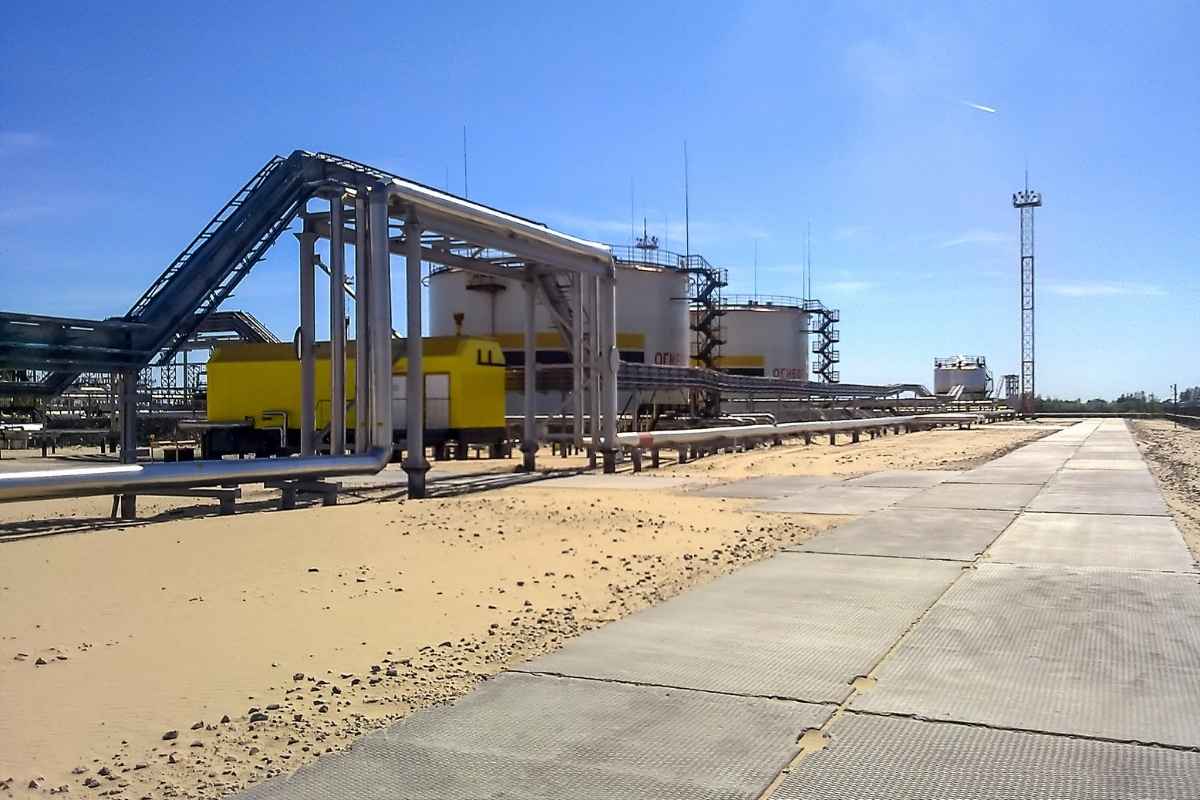The oil and gas industry is a pivotal sector in the global economy, playing a crucial role in providing energy resources that fuel transportation, and power industries, and meet daily energy demands. Oil and gas manufacturing companies are at the heart of this industry, specializing in extracting, refining, and distributing oil and natural gas. This article delves into the significance of these companies, their operational processes, challenges, and the future of the industry.
Understanding Oil and Gas Manufacturing Companies
It encompasses a broad spectrum of activities, including exploration, extraction, refining, and distribution. These companies operate in various segments of the industry, such as upstream, midstream, and downstream.
1. Upstream
This segment focuses on exploration and production. Companies involved in this phase search for oil and gas reserves, drill wells and extract raw materials. They play a critical role in ensuring a steady supply of crude oil and natural gas to meet global energy needs.
2. Midstream
Midstream companies manage the transportation and storage of oil and gas. This includes pipelines, rail, and shipping, ensuring that the extracted resources are delivered efficiently to refineries or distribution points.
3. Downstream
This segment involves refining crude oil and processing natural gas into usable products. Oil and gas manufacturing companies in this category produce fuels, lubricants, and various petrochemicals, catering to diverse markets, from transportation to manufacturing.
The Importance of Oil and Gas Manufacturing Companies

They are essential for several reasons:
1. Economic Contribution
The oil and gas sector significantly contributes to the global economy. It generates millions of jobs, from exploration to refining and distribution. Countries with substantial oil reserves often experience economic growth, as the sector attracts foreign investment and boosts local economies.
2. Energy Security
These companies are vital in ensuring energy security for nations. By developing and maintaining domestic oil and gas resources, countries can reduce their dependence on foreign energy supplies, which is crucial for national security.
3. Technological Advancements
The oil and gas industry drives technological innovation. From advanced drilling techniques, such as hydraulic fracturing, to sophisticated refining processes, the sector continually evolves to enhance efficiency, reduce environmental impact, and improve safety.
4. Global Trade
Oil and gas manufacturing companies facilitate international trade by exporting and importing energy resources. This global trade network helps stabilize prices and ensure that energy demands are met across different regions.
Challenges Facing Oil and Gas Manufacturing Companies

While oil and gas manufacturing companies play a vital role in the energy sector, they also face several challenges:
1. Environmental Concerns
The extraction and production processes often lead to environmental degradation, including oil spills, air pollution, and greenhouse gas emissions. Increasing scrutiny from environmental groups and regulatory bodies pushes companies to adopt more sustainable practices.
2. Market Volatility
The oil and gas industry is susceptible to price fluctuations due to geopolitical tensions, supply chain disruptions, and changes in demand. These fluctuations can impact profitability and lead to significant operational adjustments.
3. Regulatory Compliance
The industry is heavily regulated, requiring companies to adhere to strict environmental and safety standards. Compliance can be costly and time-consuming, particularly for smaller firms that may lack the resources to navigate complex regulations.
4. Technological Disruption
The rise of renewable energy sources and advancements in energy efficiency pose a threat to traditional oil and gas manufacturing companies. As the world shifts toward greener alternatives, these companies must adapt to remain competitive.
The Future of Oil and Gas Manufacturing Companies

Despite the challenges, oil and gas manufacturing companies are poised for a transformative future. Several trends are shaping the industry’s landscape:
1. Sustainability Initiatives
Many companies are investing in sustainable practices, such as carbon capture and storage, to reduce their environmental impact. This shift not only addresses regulatory pressures but also aligns with growing consumer demand for environmentally friendly products.
2. Digital Transformation
The adoption of digital technologies, such as data analytics, artificial intelligence, and the Internet of Things (IoT), is revolutionizing operations within the industry. These technologies enhance efficiency, optimize resource management, and improve safety protocols.
3. Diversification of Energy Sources
Some oil and gas manufacturing companies are exploring diversification strategies by investing in renewable energy projects. This approach helps companies transition to a more sustainable business model while maintaining their core operations.
4. Collaboration and Partnerships
The complexity of the energy transition necessitates collaboration among various stakeholders. Oil and gas manufacturing companies are forming partnerships with renewable energy firms, technology providers, and research institutions to innovate and develop new solutions for energy production.
Conclusion
Oil and gas manufacturing companies play an indispensable role in the global energy landscape. They are essential for economic stability, energy security, and technological innovation. However, as the industry faces mounting challenges from environmental concerns, market volatility, and the rise of alternative energy sources, these companies must adapt and evolve.
By embracing sustainability initiatives, investing in digital transformation, and exploring diversification, gas and oil manufacturing companies can position themselves for success in a rapidly changing energy landscape. Their ability to innovate and respond to market demands will determine their long-term viability and influence in the energy sector.
In conclusion, the future of these companies will be shaped by their adaptability and commitment to responsible practices, ensuring they remain a key player in the global energy market for years to come.
Found this article useful? Check out more of our posts at Oil Gas Energy Magazine!












